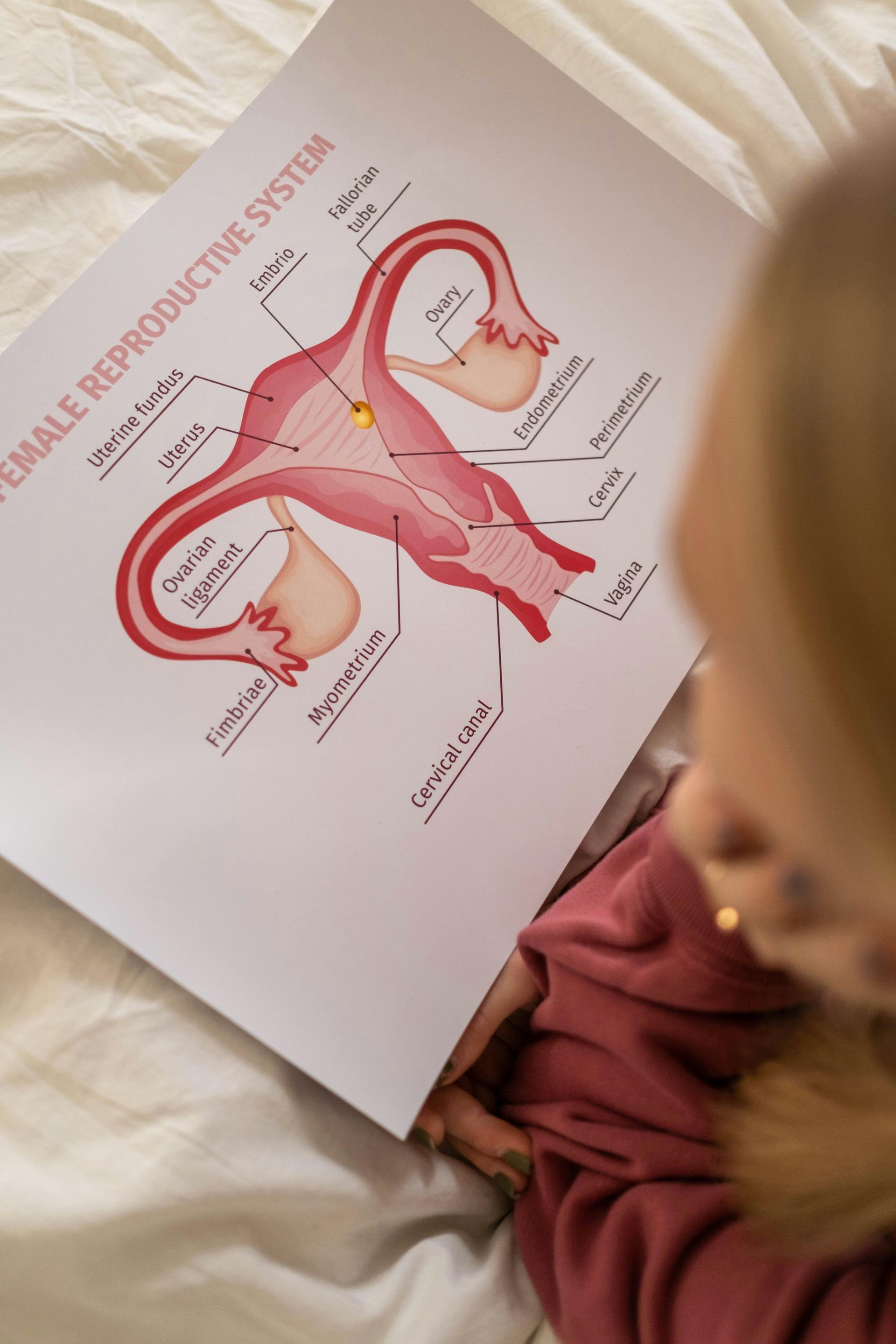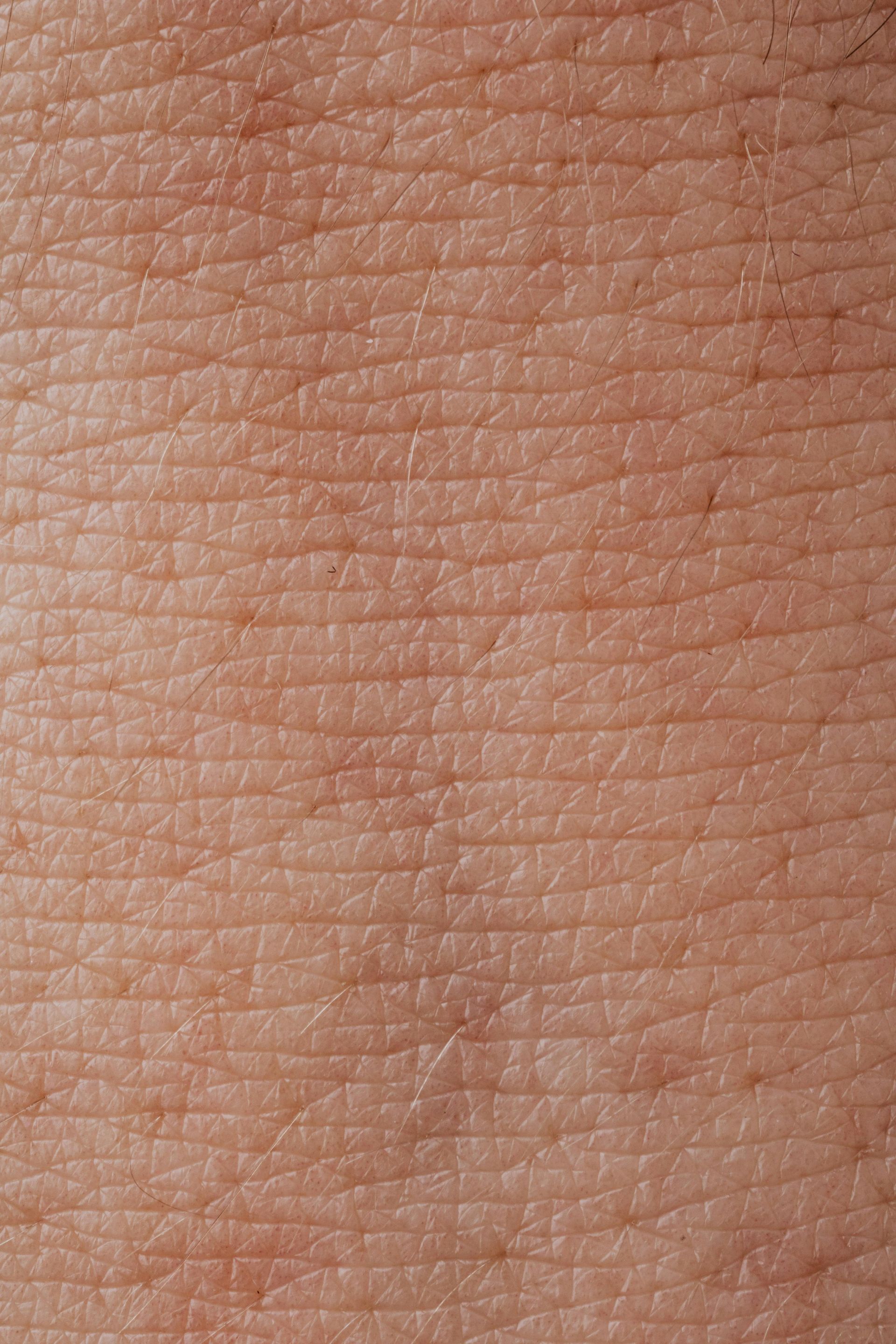Hormonal Hīkoi
Hormonal hīkoi is how I share with patients what I know to help them gain clues about their sense of self and determine the best management plan for their unique needs. It’s how I learned to recognize patterns and understand that the treatments you’ve experienced and how you’ve responded to them can give us valuable clues about what to expect next and how to begin shaping an effective approach. Each individual’s journey is different, and by reflecting on past experiences, we can create a personalized path forward that best supports your hormonal health.
Hormonal Hīkoi
Side effects on the combine contraceptive pill
Evidence suggests that individuals who experienced side effects or were unable to tolerate the combined contraceptive pill may be more likely to experience postnatal depression. This link could be due to the sensitivity of hormonal fluctuations and how they impact mood regulation. The hormonal changes that occur during pregnancy and postpartum, combined with a history of contraceptive intolerance, may make some individuals more vulnerable to mood disturbances during the postnatal period.
Polycystic ovarian syndrome
For individuals with a history of PCOS, periods often become more regular during perimenopause. However, this stage can also bring an increased risk of insulin resistance, gestational diabetes, and weight gain. Additionally, many women with PCOS experience more symptoms during perimenopause due to a drop in testosterone levels, as they’ve been accustomed to higher testosterone levels throughout their lives. These hormonal shifts can lead to changes in energy, mood, and overall well-being, making it important to address these changes with targeted strategies.
Premenstrual syndrome
A history of PMS or PMDD (premenstrual dysphoric disorder) can make individuals more likely to experience depression or mood changes during perimenopause. The hormonal fluctuations that occur during perimenopause, particularly the drop in estrogen and progesterone, can trigger mood swings, anxiety, and depressive symptoms, especially for those who have previously been sensitive to hormonal shifts. The patterns seen in PMS and PMDD often reappear or intensify during this transitional phase, making it important to recognize and manage these changes early.
Clinical depression
Individuals with a history of clinical depression have a 50% chance of relapse during perimenopause. The hormonal fluctuations that occur during this stage, particularly the decline in estrogen, can significantly impact mood regulation, making those with a history of depression more vulnerable to experiencing a recurrence of symptoms. This highlights the importance of close monitoring and early intervention during this transitional phase to manage mood changes and prevent relapse.
Pre-eclampsia
A history of pre-eclampsia during pregnancy increases the risk of cardiovascular disease later in life. Perimenopause presents an important opportunity to modify and manage cardiovascular risk factors, as hormonal changes during this stage can affect heart health. By addressing factors like blood pressure, cholesterol, and weight, and encouraging lifestyle changes such as increased physical activity and a heart-healthy diet, individuals can reduce their risk and prevent potential cardiovascular complications as they age.
Urticaria and allergies
Urticaria (hives) that is hormone-induced, such as during pregnancy or puberty, may worsen during perimenopause. The hormonal fluctuations that occur during this stage, particularly the drop in estrogen and progesterone, can trigger or exacerbate skin conditions like urticaria. Women who have experienced hormone-related hives in the past may find that these symptoms become more pronounced or frequent as they approach perimenopause, making it important to manage and monitor skin reactions during this time.
Migraines
For migraineurs, the pattern of migraines often changes throughout life. If migraines began at puberty, they may settle or even disappear during pregnancy due to the stable high hormones. However, they often worsen in the mid-30s and can become more frequent, with some women experiencing migraines twice a month as they approach mid or late perimenopause. Post-menopause, some women find that their migraines subside with stable, low hormones, while others may find that they need a small amount of hormone therapy for the rest of their lives to prevent migraines.
Family history
It's truly heartbreaking to hear so many women in clinic describe challenging perimenopausal symptoms, only to later reveal that their mother or grandmother was diagnosed with schizophrenia at a young age. It’s difficult not to wonder if these conditions could have been hormonally influenced, especially given the hormonal fluctuations during perimenopause and menopause. If there had been a better understanding of the role hormones play in mental health at the time, the outcome might have been entirely different. It’s a reminder of the importance of recognizing and addressing hormonal health early on to support both physical and mental well-being.









